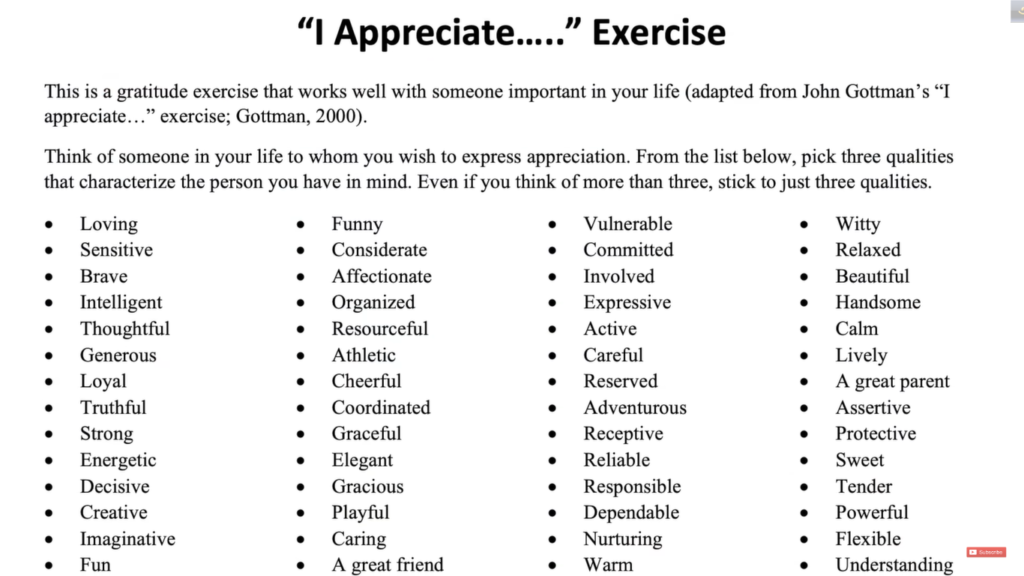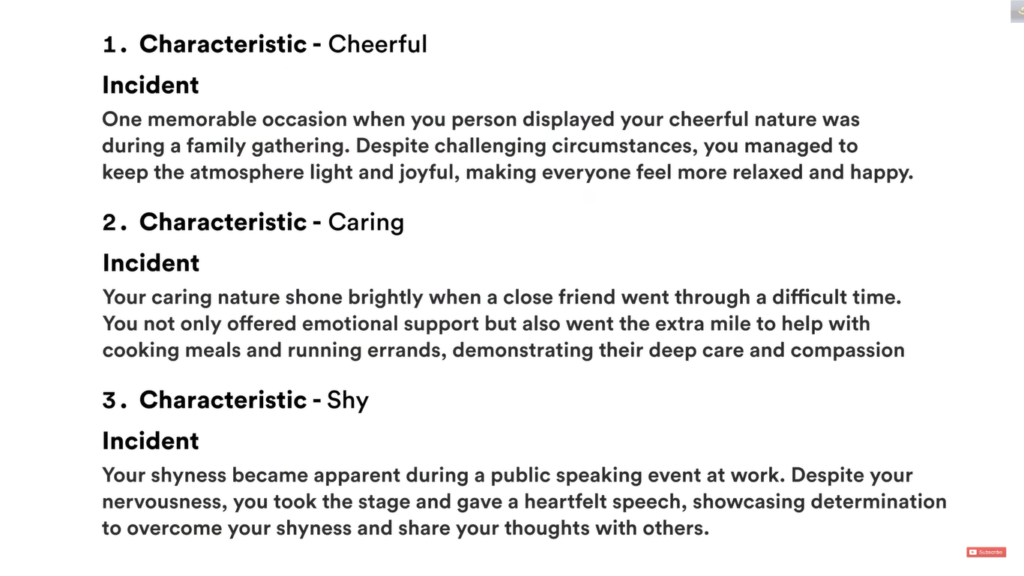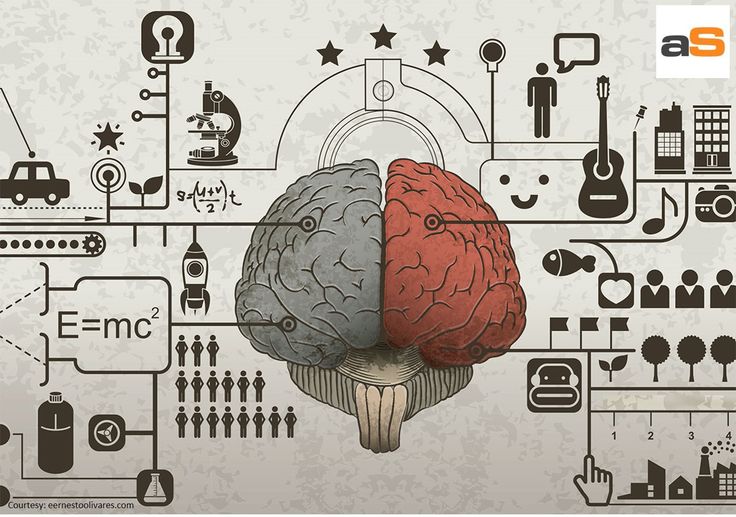If you ask me for one piece of advice that can change your life, without hesitation I’d say: ‘Start journaling.’
Hey there! I’m Omi, and I’ve been on a transformative journey with journaling since 2021. Over these three years, this single habit has revolutionized my life in ways I never imagined. Today, I’m excited to share my experiences with you.
If you’ve ever thought:
- “I don’t have time for journaling.”
- “What good is writing about my thoughts and feelings anyway?”
- “I’ve tried it before, but it didn’t really work for me.”
Then this post is tailor made for you. Stick around, and I promise you’ll find the answers you’re looking for.
In this guide, we’ll dive into:
- Why Journaling Is Life-Changing?
- How to Journal Effectively? (The Right Approach)
- What to write about?
So, let’s get into this journey together and explore the power of journaling!
[Note: I’d like to acknowledge Ali Abdaal, whose insights inspired me to start journaling. Many of the methods are influenced by his teachings which I’ll be sharing with you here.]
Why Should You Journal in the First Place?
Let’s explore three compelling reasons that highlight the transformative power of journaling:
1. A Window to Your Past: Preserving Precious Memories
Imagine flipping through the pages of your life, reliving moments from years ago. That’s the magic of journaling. As I write this on Notion, I can effortlessly look back and see what I was doing on this very date last year, or what thoughts filled my mind on my birthday two years ago. It’s a profoundly satisfying experience – one that you can only truly appreciate once you start this journey yourself.
2. Cultivating the “Golden Mindset”
We often let fear of judgment, failure, and self-doubt hold us back. Our minds can be treacherous, whispering thoughts like “I’m unworthy,” “I’m not good enough,” or “I’m unloved.” And because our brains are incredibly efficient, they quickly find “evidence” to support these limiting beliefs.
Journaling is your secret weapon against this mental sabotage. It helps you build what I call the “Golden Mindset” – a perspective that puts you back in control of your thoughts and actions. (For those who’ve read my previous post on improving attention span, you’ll recognize this concept!)
But how does journaling achieve this?
By putting your thoughts and feelings on paper, you cut through the mental noise. Seeing these thoughts in black and white often strips them of their power. It becomes easier to recognize them for what they are – just thoughts, not facts. Remember, our minds are primarily survival machines, not always aligned with our growth and happiness.
The more you journal, the more you detach from the constant stream of thoughts and emotions. You stop over-identifying with them, which is incredibly beneficial for anyone struggling with anxiety, fear, feelings of unworthiness, or lack of self love. And let’s be honest, that’s most of us at some point in our lives.
3. Revolutionizing Your Approach to Life
This benefit is my personal favorite. Here’s how it works:
Imagine a chain reaction: Results ← Actions ← Decisions ← Thoughts & Feelings
The outcomes we get in life are directly linked to our consistent actions. But what drives those actions? Decisions. And what shapes our decisions? Our thoughts, feelings, beliefs, and the stories we tell ourselves.
For example, my decision to start reading books five years ago led to the consistent action of daily learning, which ultimately transformed my life. But that decision didn’t come out of nowhere – it was born from a series of thoughts, feelings, and beliefs about personal growth and the value of knowledge.
So, where does journaling fit into this equation? It’s the powerful tool that helps you understand and shape your thoughts and feelings. By regularly writing down what’s on your mind, you can:
- Examine your thought patterns
- Ask yourself important questions
- Gain clarity on your beliefs and personal narratives
- Understand the emotions driving your decisions
Through journaling, you gain unprecedented insight into the very thoughts and feelings that shape your decisions and, ultimately, your entire life. It’s like having a direct line to your subconscious, allowing you to reprogram your mind for success and fulfillment.
Now, let’s move on to the practical aspects of journaling…
How to Journal Effectively
In this part, I’ll share the methods I learned from Ali Abdaal in 2023. I absolutely love these methods – words can’t express how much I appreciate them. Let’s dive in!
There are 3 levels to this approach, and we’ll start with the first one:
Level 1: The Basics of Journaling
The main goal at this stage is simple: just start writing, focusing on what happened during your day. It’s a straightforward and accessible way to begin journaling. One awesome way to do this is a method called “Homework For Life”.
This method was introduced by Matthew Dicks in his book “Storyworthy” (It’s a great book, definitely give it a try if you can).
Here’s how it works: at the end of every day, ask yourself, “What was the most story-worthy thing that happened to me today?” Write this down in a maximum of two sentences, imagining you had to tell a five-minute story about something that happened today. (Isn’t it an awesome idea? :D)
I want to share some noteworthy lines from the book:
“Not every day contains a storyworthy moment for me, but I found that the longer I did my homework, the more days did contain one. My wife likes to say that I can turn any moment into a good story, and my friend Plato has said that I can turn the act of picking up a pebble from the ground into a great story. Neither of these statements is true. The truth is this: I simply see more storyworthy moments in the day than most people. They don’t go unnoticed as they did. I discovered that there is beauty and import in my life that I never would have imagined before doing my homework, and that these small, unexpected moments of beauty are oftentimes some of my most compelling stories.”
And it’s true! Doing this for only 1 year totally changed the way I used to see the activities happening around me regularly. I became curious like a kid, just trying to find a story-worthy thing to write in my journal. It increased my appreciation for life because I realized that I often forget the small details of my days, struggling to recall what happened last week or even last month. But when I look back through my journal, everything comes rushing back. I can pinpoint the exact day something special happened, relive cool moments, and see how these small events weave together to create a meaningful narrative.
You can take this a step further by journaling about what you’ve learned each day, any new people you’ve met, or something that surprised you. This simple practice can be a powerful way to get started with journaling. Whether you prefer a physical notebook, a digital journal, or an app like Keep Notes, the important thing is to just start writing about a few things that happened each day. It’s a straightforward method that can quickly turn into a rewarding habit.
Now let’s talk about another method called “Morning Pages”. This idea is from the book “The Artist’s Way” by Julia Cameron. I haven’t read this book yet, I got the idea from that video, but the strategy is very effective. The idea is that every morning, you’ll take a pen and paper and write three pages of whatever comes to your mind. Even if you don’t have anything to write, start like this: “Right now I am sitting at my study table, the sunlight is coming straight through the window, the weather seems nice but I am a little sad today because yesterday what happened was…” You’ll eventually get into the journal, and you’ll realize that 3 pages is not that much – you need more to write xD. Also don’t get stressed writing only 3 lines is also ok. Just start writing. After doing so, you’ll come across some pretty interesting ideas that will surely enhance your life completely. (By the way, I also got the idea of sharing these journaling techniques with you during my morning pages)
Now let’s discuss level 2.
Level 2: Journaling Your Emotions
Man!! I love this one too. Now here I want you to take a pause and think: “What are the 3 things you are grateful for?”. Come on! Pause and think.
Are you done? How are you feeling? Do you know that just thinking about this will make your whole day more happy and enjoyable? Let’s look at some fascinating studies that back this up:
In a 2015 study published in the Journal of Social and Clinical Psychology, researchers explored the effects of expressive writing, a specific type of journaling. Here’s what they found:
- 70 students were divided into two groups
- One group wrote expressively about a painful past event
- The other group wrote about a neutral topic
- Four months later, the results were striking
- Students who engaged in expressive writing showed better mental health and reduced stress
The theory? By reflecting on painful or negative experiences, you gain a deeper understanding of your thoughts and feelings. This understanding reduces the likelihood of these emotions causing stress, worry, or anxiety.
Another study, published in 2017 in the Journal of Happiness Studies, focused on gratitude journaling. Researchers divided 91 participants into several groups, including a Gratitude Journaling group and a control group. Over two weeks, the Gratitude Journaling group wrote about people or events they were grateful for, while the control group simply recorded daily activities.
When researchers followed up a month later, they found that those who practiced gratitude journaling reported higher happiness levels and stronger relationships compared to the control group. The simple act of focusing on what you’re grateful for can significantly enhance your mental well-being, as it shifts your attention to the positive aspects of life.
In fact, one study even suggested that just five minutes of gratitude journaling each morning can have a similar effect on your happiness as doubling your salary!
Here’s a mind-blowing fact: One study suggested that just five minutes of gratitude journaling each morning can have a similar effect on your happiness as doubling your salary!
How can I do this for myself?
There are a few different ways to start this practice:
- Simple Gratitude Reflection: This one is the one I told you to do at First. It’s pretty straight-forward. Just pause and imagine “What are the three things that you are grateful for?”. It can be anything! And write these things. But if you want to go more depth, you can do the second one which is –
- “I Appreciate” Exercise: Introduced by a great researcher John Gottman:
- Find someone you want to express gratitude towards
- Pick three qualities that characterize that person (I’ve included an image with a quality list to help)
- Write about those qualities and a time when they displayed them (Check out the image describing what this could look like)
- The final, most fun part: gather some courage to share this with the person. Yes, you heard it right!


This is where gratitude journaling becomes truly powerful. It’s no longer just about reflecting for your own sake, but about sharing that appreciation with someone else.
Now, I know what you might be thinking—this sounds a bit cringe, right? But here’s how Ali explained this part:
“Imagine this: one of your best friends comes up to you and says, ‘Hey Omi (Your Name), I was doing some journaling and I just wanted to tell you how much I appreciate you. You’re thoughtful, caring, and incredibly generous. Here are a few ways you’ve shown these qualities, and I just wanted you to know how much that means to me.’ Wouldn’t that feel absolutely phenomenal?”
So just start doing it and see the results for yourself. Now, let’s move on to the next level!
Level 3: Write about your decisions and actions
Now here comes the more advanced stuff to write about. I recommend starting this one after journaling for 2-3 months. I did the same myself. There are a few different ways to do this, and this is where you’ll need prompts the most. For now, I’m explaining one prompt (the one I love the most). But don’t worry, I’ll come up with more prompts in my next post. So stay tuned!
The Odyssey Plan
This prompt comes from the book “Designing Your Life” by Bill Burnett and Dave Evans. The idea is to answer these 3 questions in your journal:
- What will my life look like 5 years from now if I continue down the same path?
- What does my life look like 5 years from now if I take a completely different path?
- What does my life look like if I take a different path but don’t worry about money or others’ opinions?
This prompt can be challenging, it certainly was for me! But that’s why I recommend starting this exercise after a few months of journaling. Even if you’re pressed for time, try to do this once a week. Trust me, the insights you’ll gain are worth the effort.
Pro tip: Ali mentioned that this practice helped him make the decision to leave medicine. So it can be really powerful for big life decisions!
Conclusion
That’s all for today! I wish you the best of luck on your journaling journey. Keep an eye out for my upcoming post, where I’ll talk about more prompts. If you’re enjoying these tips, consider following me on Medium for more free content. And if you’re reading this on my blog, I’d love it if you followed me on social media too. I am available on Medium, Reddit, Quora, LinkedIn and Twitter. Thanks for your support!



